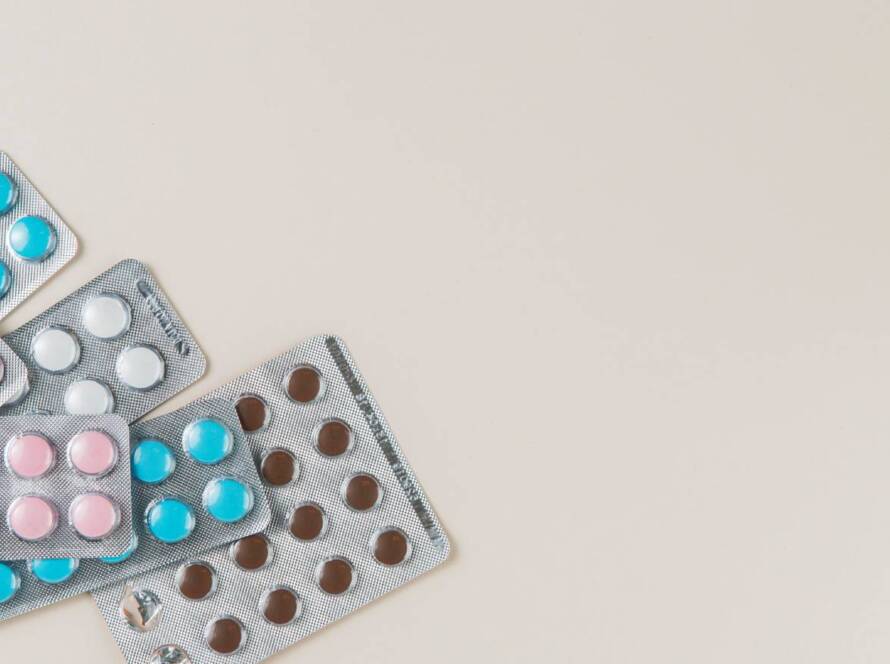In the pharmaceutical industry, ensuring the consistent production of high-quality products is paramount. The foundation of this reliability lies in the 4M’s principles—Man, Machine, Material, and Method. The 4M’s principles encompass the guidance for Good Manufacturing practices (GMP). These principles form a comprehensive framework that addresses every critical aspect of the manufacturing process. By focusing on the expertise and training of personnel (Man), the maintenance and calibration of equipment (Machine), the quality and handling of raw materials (Material), and the standardization and validation of processes (Method), pharmaceutical manufacturers can achieve rigorous standards of excellence. Adhering to the 4M’s principles not only enhances product quality and safety but also ensures regulatory compliance and operational efficiency, ultimately safeguarding public health.
1.Man:
- Training and Competence: Ensuring that all personnel involved in the manufacturing process are properly trained and have the necessary aptitude, skills and knowledge.
- Compliance with Standard Operating Procedures (SOPs): Ensuring adherence to established procedures to maintain consistency and quality.
Safety and Hygiene: Maintaining high standards of personal hygiene and safety to prevent contamination and ensure a safe working environment.

2. Machine:
- Equipment Maintenance and Calibration: Regular maintenance and calibration of machinery to ensure they are functioning correctly and producing accurate results.It also helps to maintain optimum productivity, minimizes breakdowns, and improves efficiency.
- Validation and Qualification: Validating and qualifying equipment to ensure it meets the required standards and specifications.
- Technology Upgradation: Implementing the latest technology to improve precision, product yield, expanding manufacturing batch size, efficiency, and quality.

3. Material:
- Quality of Active Pharmaceutical ingredients (API)/ bulk drug and Raw Materials: Sourcing high-quality raw materials to ensure the final product meets quality standards.
- Supply Chain Management: Efficiently managing the supply chain to ensure timely delivery of materials and prevent production delays.Working towards maintaining optimum inventory of the material required for production.
Storage Conditions: Maintaining proper storage conditions to preserve the quality of materials and preventing any environmental and/ or accidental damage.

4. Method:
- Standardized Processes: Implementing standardized methods and procedures to ensure consistency, accuracy, precision, and reproducibility of the results.
- Process Validation: Conducting process validation to ensure that the manufacturing and analytical process produces products that meet predetermined specifications and quality criteria.
Continuous Improvement: Regularly reviewing and improving methods to enhance efficiency and product quality.

Advantages of 4M’s principles:
A. Man
- Skilled Workforce: Enhances productivity and quality through trained and competent personnel.
- Safety and Compliance: Reduces errors and ensures adherence to safety and regulatory standards.
- Efficiency: Optimizes workforce allocation, reducing downtime and improving efficiency.
B. Machine
- Increased Productivity: Utilizes advanced machinery to boost production speed and consistency.
- Quality Control: Ensures precision and reduces variability in the manufacturing process to produce products of consistent predefined quality parameters.
- Maintenance: Regular maintenance extends machine lifespan and minimizes breakdowns.
C. Material
- Quality Assurance: Ensures raw materials meet high-quality standards, impacting the final product’s safety and efficacy.
- Cost Efficiency: Optimizes material usage, reducing waste and saving costs.
- Supply Chain Stability: Maintains a steady supply of materials, preventing production delays.
D. Method
- Standardization: Implements standardized procedures for consistent production quality.
- Process Optimization: Continuously improves methods to enhance efficiency and reduce costs.
- Regulatory Compliance: Ensures manufacturing processes comply with industry regulations and best practices.
The 4M’s principles are also applicable for the therapeutic units manufactured for Global clinical trials that rely on them to ensure quality and efficiency of test medicines. Trained manpower represents skilled personnel managing and conducting global clinical trials, ensuring adherence to the principles of GCP (Good Clinical Practice). Machinery involves advanced technology and equipment used for data collection and analysis. Material refers to high-quality pharmaceuticals and biological samples that must meet stringent standards. Method encompasses standardized procedures and best practices to ensure consistency and compliance across diverse trial sites. Together, these principles facilitate robust, reliable, and regulatory-compliant global clinical trials.
Pharmaceutical manufacturers rely on the 4M’s principles—Man, Machine, Material, and Method—to ensure high-quality, efficient, and compliant production processes. Skilled personnel (Man) operate and maintain advanced equipment (Machine), utilizing top-quality raw materials (Material) through standardized and optimized procedures (Method). This integrated approach enhances product quality, regulatory compliance, and operational efficiency, vital for success for the highly regulated pharmaceutical manufacturers.
Thus, the 4M’s principles—Man, Machine, Material, and Method—provide a comprehensive framework for optimizing pharmaceutical manufacturing processes. By ensuring skilled personnel, reliable machinery, high-quality materials, and standardized methods, these principles enhance product quality, operational efficiency, and regulatory compliance, ultimately leading to safer, more effective pharmaceuticals and a stronger market position.


